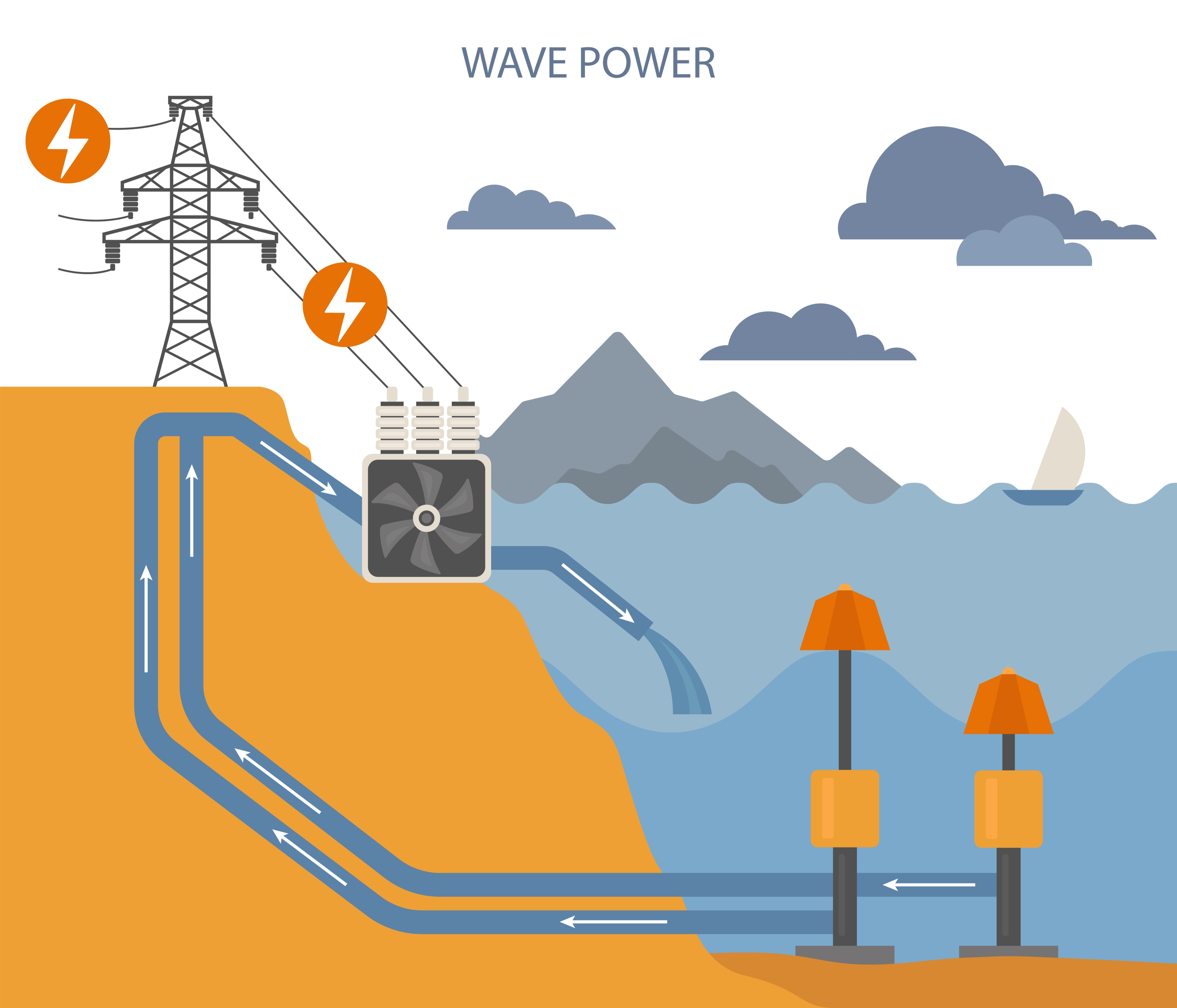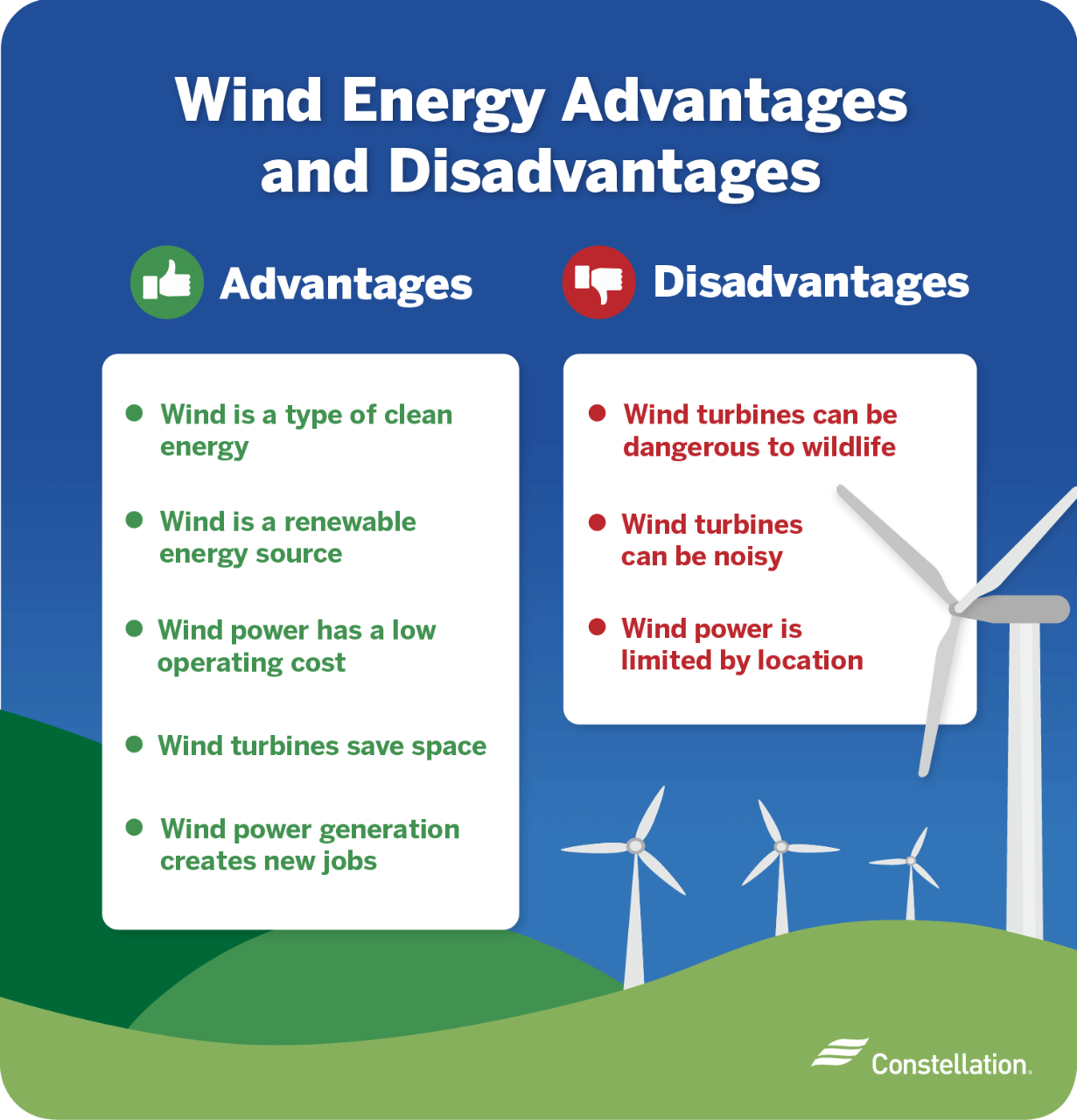Unlocking The Power Of The Ocean: Exploring The Benefits Of Wave Energy
Wave energy pros are gaining significant attention as renewable energy sources become crucial for a sustainable future. Harnessing the power of ocean waves offers a promising solution to meet global energy demands while reducing carbon emissions. Unlike traditional energy sources, wave energy is abundant, predictable, and environmentally friendly, making it a key player in the transition to clean energy. As countries worldwide seek innovative ways to combat climate change, wave energy stands out as a viable alternative to fossil fuels. Its potential to generate electricity without depleting natural resources makes it an attractive option for governments and industries alike.
With over 70% of the Earth’s surface covered by water, the ocean serves as a vast, untapped reservoir of energy. Wave energy systems convert the kinetic energy of ocean waves into electricity, providing a renewable and consistent power source. Unlike solar or wind energy, which depend on weather conditions, wave energy is more reliable due to the ocean's consistent movement. This reliability is one of the many wave energy pros that make it an appealing choice for energy planners and environmentalists.
As the world moves toward greener solutions, understanding the benefits of wave energy is essential. From reducing greenhouse gas emissions to creating new job opportunities in the renewable energy sector, wave energy pros offer a wide range of advantages. This article delves into the potential of wave energy, answering critical questions about its benefits, challenges, and future prospects. Whether you're an energy enthusiast or a policymaker, this guide will provide valuable insights into why wave energy is a game-changer for the renewable energy landscape.
Read also:Discovering Zoe Perry And Her Father A Journey Into Family Talent And Legacy
- What Are the Key Benefits of Wave Energy?
- How Does Wave Energy Contribute to Sustainability?
- Is Wave Energy a Reliable Source of Power?
- What Are the Economic Advantages of Wave Energy Pros?
- Environmental Impact of Wave Energy
- How Does Wave Energy Compare to Other Renewables?
- Challenges in Harnessing Wave Energy
- Innovations in Wave Energy Technology
- Future Prospects of Wave Energy
- Conclusion: The Promise of Wave Energy Pros
What Are the Key Benefits of Wave Energy?
Wave energy offers a host of advantages that make it a standout renewable energy source. One of the primary wave energy pros is its abundance. The ocean is a vast, untapped resource, and waves are constantly in motion, providing a consistent energy source. This makes wave energy an ideal candidate for meeting the growing global demand for electricity.
Another significant benefit is its environmental friendliness. Unlike fossil fuels, wave energy does not produce harmful emissions or pollutants. It operates with minimal impact on marine ecosystems, ensuring that the natural balance of the ocean is maintained. This aligns with global efforts to reduce carbon footprints and combat climate change.
Additionally, wave energy systems are highly efficient. They can generate electricity even in low-wave conditions, making them a reliable power source. This reliability is one of the standout wave energy pros, especially when compared to intermittent sources like solar and wind energy.
How Does Wave Energy Contribute to Sustainability?
Sustainability is at the core of wave energy pros. By harnessing the power of ocean waves, we can reduce our reliance on non-renewable energy sources like coal and oil. This shift is critical for achieving long-term environmental and economic sustainability.
Wave energy also supports the circular economy by promoting the use of natural resources without depletion. Unlike fossil fuels, which are finite, wave energy is renewable and inexhaustible. This ensures that future generations will have access to clean and affordable energy.
Moreover, wave energy systems can be integrated into existing infrastructure, such as offshore wind farms. This synergy enhances the efficiency of renewable energy systems and contributes to a more sustainable energy grid.
Read also:Czech Wife Swap Site Exploring The Culture And Community
Is Wave Energy a Reliable Source of Power?
Reliability is one of the most discussed wave energy pros. Unlike solar panels, which depend on sunlight, or wind turbines, which require wind, wave energy systems operate consistently. The ocean's waves are predictable, allowing for accurate energy production forecasts.
This reliability is particularly valuable for remote coastal communities that lack access to traditional power grids. Wave energy can provide a stable and continuous power supply, improving the quality of life for these populations.
Furthermore, advancements in wave energy technology are enhancing its reliability. Modern systems are designed to withstand harsh ocean conditions, ensuring consistent performance even during storms or adverse weather.
What Are the Economic Advantages of Wave Energy Pros?
Investing in wave energy pros offers significant economic benefits. The development and deployment of wave energy systems create jobs in engineering, manufacturing, and maintenance. This boosts local economies and supports the growth of the renewable energy sector.
Additionally, wave energy reduces dependence on imported fuels, saving countries billions of dollars annually. By harnessing domestic resources, nations can achieve energy independence and stabilize their energy costs.
Wave energy also attracts investment from both public and private sectors. Governments worldwide are offering incentives to encourage research and development in this field, further driving economic growth.
Environmental Impact of Wave Energy
One of the most compelling wave energy pros is its minimal environmental impact. Unlike fossil fuels, wave energy systems do not release greenhouse gases or toxic pollutants. This makes them a clean and eco-friendly energy source.
Moreover, wave energy systems are designed to coexist with marine life. Modern technologies minimize disruptions to ocean ecosystems, ensuring that marine habitats remain intact. This is a significant advantage over other forms of energy production, which can harm wildlife and ecosystems.
By reducing carbon emissions, wave energy contributes to global efforts to mitigate climate change. It also helps protect biodiversity by preserving the natural balance of marine environments.
How Does Wave Energy Compare to Other Renewables?
When comparing wave energy to other renewable sources, several wave energy pros stand out. Unlike solar and wind energy, which are intermittent, wave energy is highly predictable. This makes it a more reliable option for meeting baseload energy demands.
Wave energy also has a smaller physical footprint. Solar farms and wind turbines require large areas of land, while wave energy systems are located offshore, preserving terrestrial ecosystems. This is particularly beneficial for densely populated regions with limited land availability.
Furthermore, wave energy systems can be combined with other renewable technologies, such as offshore wind farms. This integration enhances energy production efficiency and maximizes the use of available resources.
Challenges in Harnessing Wave Energy
Despite its many wave energy pros, there are challenges to overcome. One of the primary obstacles is the high initial cost of developing wave energy systems. Building and deploying these systems requires significant investment in research and infrastructure.
Another challenge is the harsh marine environment. Ocean waves can be unpredictable and destructive, posing risks to wave energy equipment. Engineers must design systems that can withstand storms, corrosion, and other adverse conditions.
However, ongoing advancements in technology are addressing these challenges. Innovations in materials and design are making wave energy systems more durable and cost-effective, paving the way for widespread adoption.
Innovations in Wave Energy Technology
Recent innovations are enhancing the potential of wave energy pros. For example, researchers are developing modular wave energy converters that can be easily deployed and maintained. These systems are designed to adapt to varying wave conditions, improving their efficiency and reliability.
Another breakthrough is the use of advanced materials that resist corrosion and wear. These materials extend the lifespan of wave energy systems, reducing maintenance costs and increasing their overall viability.
Additionally, smart technologies are being integrated into wave energy systems. Sensors and data analytics enable real-time monitoring and optimization, ensuring maximum energy output and system performance.
Future Prospects of Wave Energy
The future of wave energy is bright, with numerous opportunities for growth and innovation. As governments and industries prioritize renewable energy, wave energy pros are likely to gain more attention and investment.
Emerging markets in coastal regions are particularly promising. Countries with extensive coastlines, such as Australia and Chile, are exploring the potential of wave energy to meet their energy needs. This trend is expected to accelerate as technology becomes more advanced and affordable.
Collaboration between academia, industry, and governments will play a crucial role in advancing wave energy. Joint efforts will drive research, development, and deployment, ensuring that wave energy becomes a mainstream energy source.
Conclusion: The Promise of Wave Energy Pros
Wave energy pros offer a compelling case for a sustainable and reliable energy future. With its abundance, environmental benefits, and economic advantages, wave energy has the potential to transform the global energy landscape.
While challenges remain, ongoing innovations and investments are paving the way for widespread adoption. By harnessing the power of ocean waves, we can reduce our carbon footprint, create jobs, and achieve energy independence.
As we continue to explore and develop wave energy, its role in the renewable energy mix will only grow stronger. The promise of wave energy pros is not just a vision for the future—it's a reality we can achieve today.
Understanding The Challenges Of Wave Energy: A Comprehensive Guide
The Main Difference Between Ponds And Lakes Is That Ponds _______. A. Are
Why Do Peacocks Spread Their Feathers: Unveiling The Mystery Behind Nature's Spectacle

Pros And Cons Of Wave Energy

Wind Energy Advantages and Disadvantages Constellation